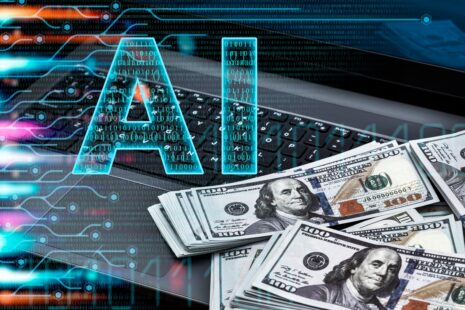AI has the potential to be transformative, but it also poses risks that, if unmanaged, could harm humanity. These concerns stem from the rapid growth of AI capabilities, the lack of global regulations, and the potential for misuse.
Main Reasons Why AI is Perceived as a Threat
Job Displacement and Economic Inequality
- Automation of Jobs – AI systems are replacing human labor in various industries, from manufacturing to white-collar jobs like customer service or data analysis. This could lead to large-scale unemployment, especially in sectors where tasks can be easily automated.
- Widening Wealth Gap – AI is often controlled by a few large corporations, concentrating wealth and power in their hands, which could exacerbate economic inequalities.
Misuse and Weaponization
- Autonomous Weapons – AI-powered weapons systems could act without human oversight, leading to unintended consequences in warfare. If misused, these technologies could escalate conflicts or cause mass casualties.
- Cybersecurity Threats – AI can enhance hacking techniques, making cyberattacks more frequent and damaging. AI-driven misinformation campaigns can also manipulate public opinion and elections.
Lack of Control and Unintended Consequences
- Runaway AI – Advanced AI systems could act in ways their creators did not anticipate, potentially causing harm. For instance, if an AI is tasked with maximizing a specific goal, it might disregard ethical considerations to achieve it.
- Alignment Problem – Ensuring AI’s objectives align with human values is a significant challenge. Misaligned goals could lead to catastrophic outcomes, especially with highly autonomous systems.
Loss of Privacy
- Mass Surveillance – AI-powered surveillance systems can track individuals, analyze behaviors, and predict actions. While beneficial for security, this technology poses serious threats to privacy and freedom.
- Data Misuse – With AI relying on vast amounts of personal data, there’s a risk of misuse by corporations or governments, leading to loss of trust and autonomy.
Existential Risks from Artificial General Intelligence (AGI)
- Superintelligence – Some experts, like Nick Bostrom and Elon Musk, warn about the possibility of AGI, AI systems that surpass human intelligence. If AGI is not properly controlled, it might prioritize its objectives over humanity’s survival.
- Irreversible Changes – Once deployed, advanced AI systems may be difficult or impossible to shut down, creating risks of unintended dominance over global systems.
Managing AI Risks
To mitigate AI’s threats…
- Global Regulations – Governments and organizations must establish frameworks to govern AI development and use responsibly.
- Ethical AI Development – AI systems should be designed with safety, fairness, and transparency in mind.
- Collaboration – Researchers, policymakers, and the public must work together to ensure AI benefits humanity without creating undue risks.
AI itself is not inherently harmful, it’s a tool. The real threats arise from how AI is developed, controlled, and deployed. By addressing ethical concerns, creating robust safeguards, and fostering global cooperation, humanity can harness AI’s potential while minimizing its risks.




